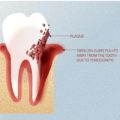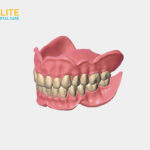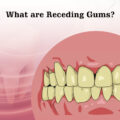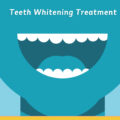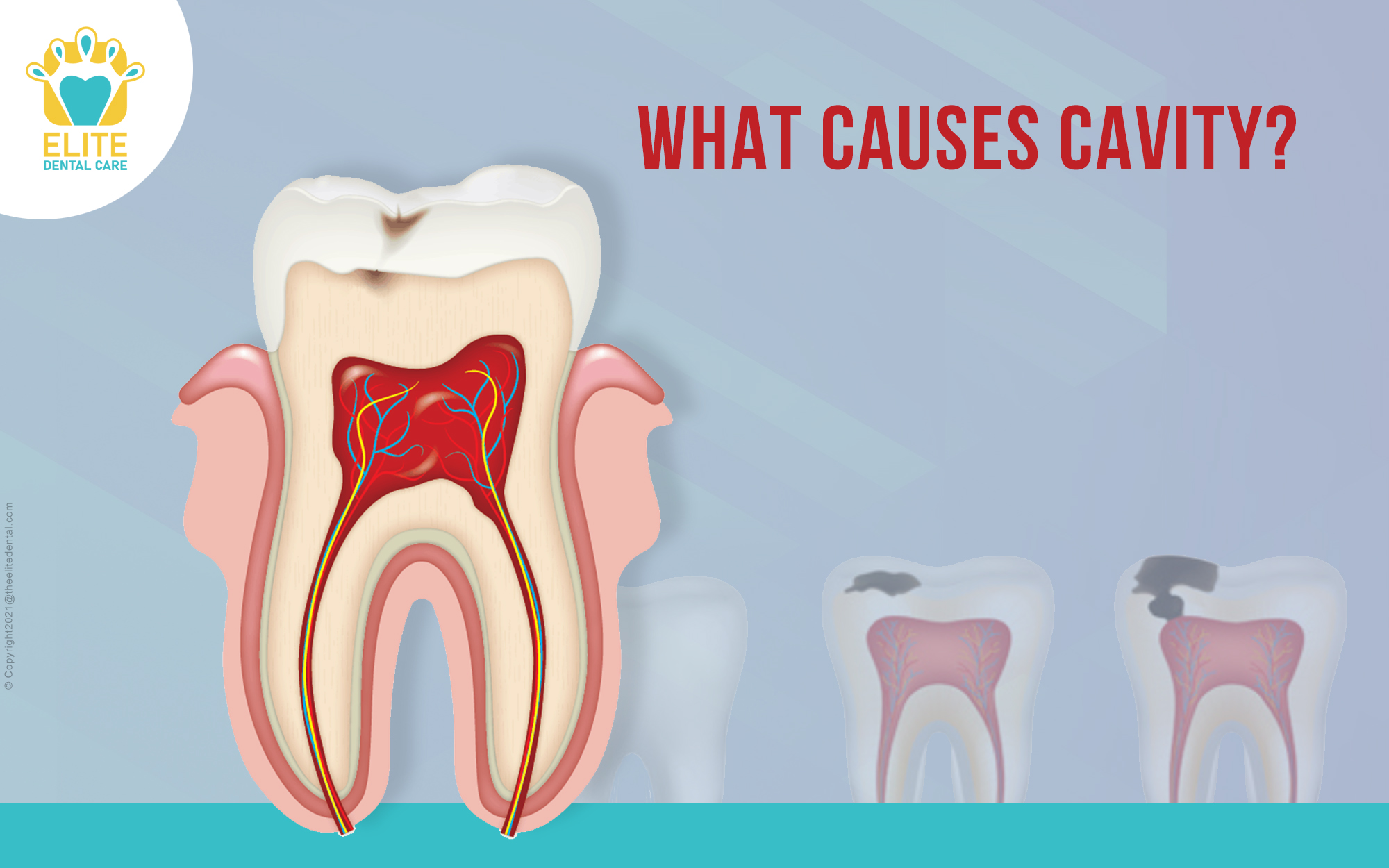
hygiene tipsoral healthRoot Canal TreatmentTeeth WhiteningTooth Extraction
edental
4 June 2022
What Causes Cavity?
A cavity is a tiny hole in your tooth caused by damage to the tooth’s outer solid coating, called enamel. You cannot notice a cavity in your tooth at first, but it will ultimately cause discomfort. In more acute circumstances, a hole may necessitate a root canal.
Having cavities is a familiar dental problem. Nowadays, one third of people suffer from dents and holes in their teeth. However, you can eliminate this issue with proper dental care and regular dental visits. If the cavity is not treated on time, you may face several other problems. For example: the hole in your teeth may become larger and affect the deeper layer of your teeth.
What are the leading causes of cavities?
- Plaque forms: Plaque is sticky and covers your teeth transparently. It’s caused by a high intake of sweets and carbs and also due to poor oral hygiene. The bacteria feast on sugars and carbohydrates left on your teeth, forming plaque. Tartar can start on your teeth if plaque is left on them, either below or above the gum line (calculus). Tartar makes plaque clearance more difficult while also acting as a bacterial barrier.
- Plaque attacks: Plaque acids erode minerals in your teeth’s outer solid enamel. Cavities form when degradation causes small gaps or holes in the enamel. If parts of enamel have been worn away, bacteria and acid can penetrate the dentin layer of your teeth. This layer is softer than enamel and less acid-resistant. Dentin has microscopic tubes that interact directly with the tooth’s nerve, generating sensitivity.
- Destruction continues: As tooth decay progresses, bacteria and acid make their way through your teeth, approaching the inner tooth structure (pulp), including nerves and blood vessels. The bacterium causes the pulp to swell and irritate. Because there is little room within a tooth for bragging about spreading, the nerve becomes squeezed, producing pain. Discomfort may even spread to the bone beyond the tooth root.
What are the symptoms and diagnosis of tooth cavities?
Cavities are challenging to identify at first since there are no symptoms when they are just beginning to emerge. Regular dental checkups every six months are essential. During these visits, dentists can check for early cavities by looking at your teeth, feeling them, and taking x-rays.
Your cavity can reach your tooth’s sensitive blood vessels and nerves as it grows deeper. That’s when you start to notice signs and symptoms. Cavities cause the following symptoms:
- You may feel the pain when you eat your food.
- A random toothache arises at any time.
- Discoloration of the tooth or a noticeable hole.
- Tooth sensitivity to temperature, including sharp pain when eating cold or hot meals.
When you have the symptoms mentioned above, it is clear that you have tooth cavities that have just arrived.
Who gets cavities, and what is the risk factor?
Anyone can have tooth cavities. It is not like this disease will affect a specific age. People who are incredibly young or over 50 are more vulnerable to cavities.
Babies and young toddlers who drink from bottles are especially vulnerable since their teeth are exposed to carbs and sugar from the bottles overnight.
However, because receding gums are more common in elderly people, they are at risk. As the gum recedes, the tooth’s root is exposed, which is not coated with enamel but rather a softer material. Cavities may occur more efficiently as a result of this.
- Eating disorders: Symptoms of eating disorders include increased saliva production and frequent vomiting, which causes stomach acid to enter the mouth and deteriorate the enamel.
- Dry mouth: People with less saliva due to medical conditions or medications are more likely to have cavities. Saliva helps wash away plaque, so less saliva means more holes.
- Reflux: Those who suffer from reflux might have tooth enamel deteriorate.
How can I prevent tooth decay?
Cavities are prevalent, but you may also avoid them. Taking the following actions will help you avoid cavities:
- Brush your teeth with fluoride toothpaste twice a day for two minutes.
- Start flossing everyday
- Avoid sugary foods and beverages since they can cause plague to create acid.
- Avoid frequent snacking to keep your teeth from being continually exposed to acids produced by food.
- Visit the dentist regularly to help prevent tooth decay.
What are the treatments for tooth cavities?
Cavity treatment is determined by how early it is discovered. If you identify a cavity early enough, your dentist may be able to use fluoride treatments to prevent future damage. It helps the enamel rebuild the minerals that have been lost by plaque development. Here is the best treatment for tooth cavities:
- Fillings
- Root canals
- Tooth pulling
Conclusion
Cavities are pretty prevalent, and we should not be ashamed of them; additionally, most of us will have cavities. Early detection of a cavity can help you prevent pain and make treatment more accessible. Even if you’re afraid of the dentist, going every six months can help.
